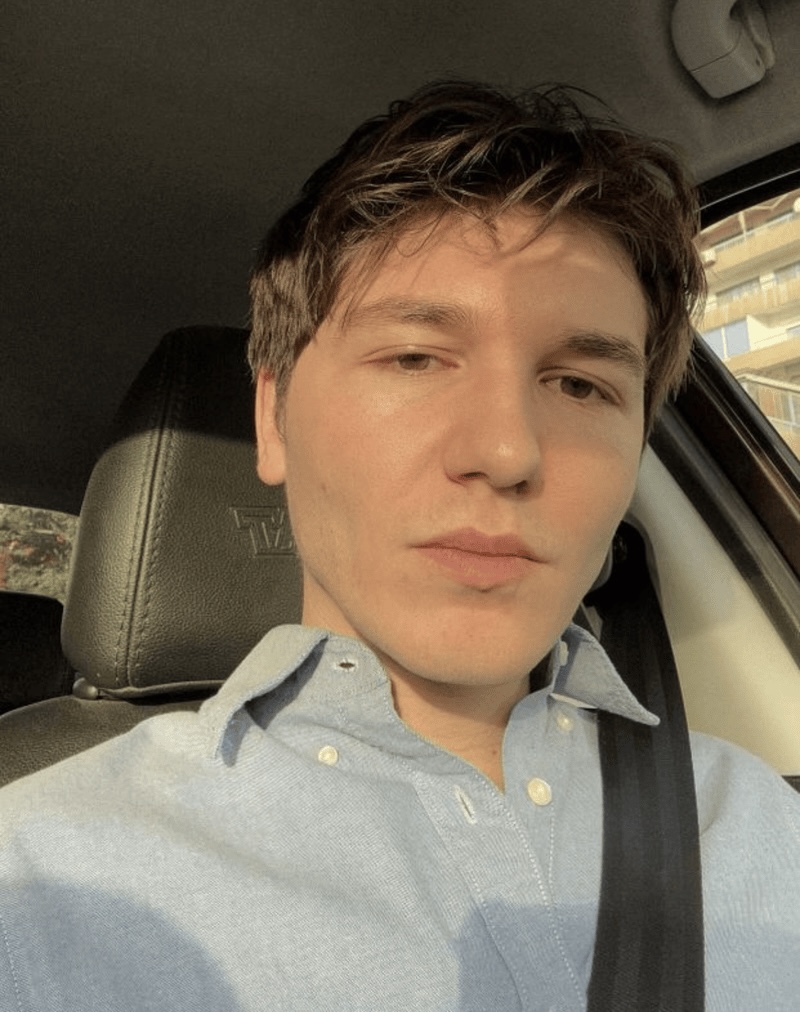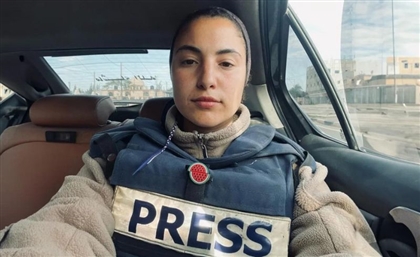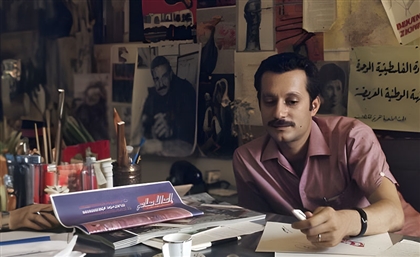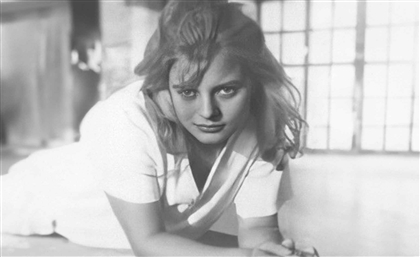How Egyptian-American Matthew Salib Crafts Emmy-Winning Sound Design
Two-time Emmy-winner Matthew Salib shares his journey from Arizona to Hollywood, discussing his Egyptian roots, sound design for shows like ‘Ted Lasso’, and his aspirations for Egypt's film industry.
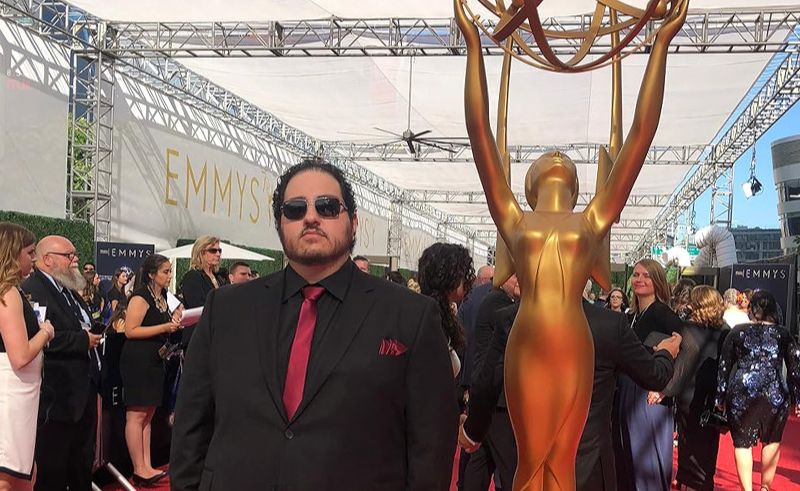
Matthew Salib, a six-time Emmy-nominated and two-time Emmy Award-winning Foley artist and editor, has established himself as a prominent figure in the post-production sound industry. The Egyptian-American artist’s expertise in building immersive soundscapes for television and film has brought him acclaim across Hollywood and beyond.
His journey, deeply influenced by his family’s Egyptian roots and his passion for sound, led him to work on major productions including ‘Shōgun’, ‘Ted Lasso’, ‘Westworld’ and ‘Atlanta’, among others. In this exclusive interview, Salib shares his experiences on the soundstage, and his aspirations for Egypt’s film industry…
What drew you into the world of sound?
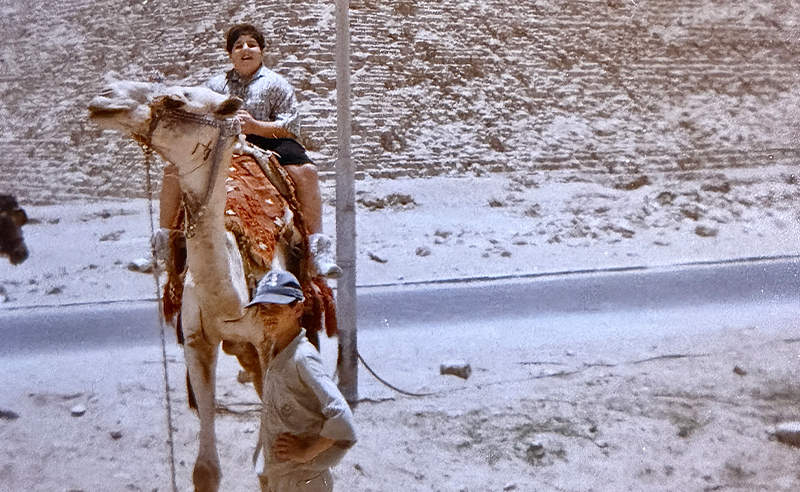
I was born and raised in Arizona, and I lived there until I was about 24. Then, I decided to go to a school called the Conservatory of Recording Arts, where they teach audio engineering, post-production, everything for the audio world. Whether you want to be a music producer, work with artists, or go into post-production, FX dialog, or even live sound, they offer it all. Halfway through, I discovered post-production and loved the idea of doing sound effects. So, I decided to go that route.
And once you finished school, what happened next?
After I graduated, I moved to Pasadena around 2011. I landed a job at a smaller studio called Monkeyland, where I was just a fill-in. After a few months, even the studio manager was surprised I had lasted that long since there wasn’t an opening. I took it as a challenge and stuck with it.
Wow, and it all started from a fill-in position?
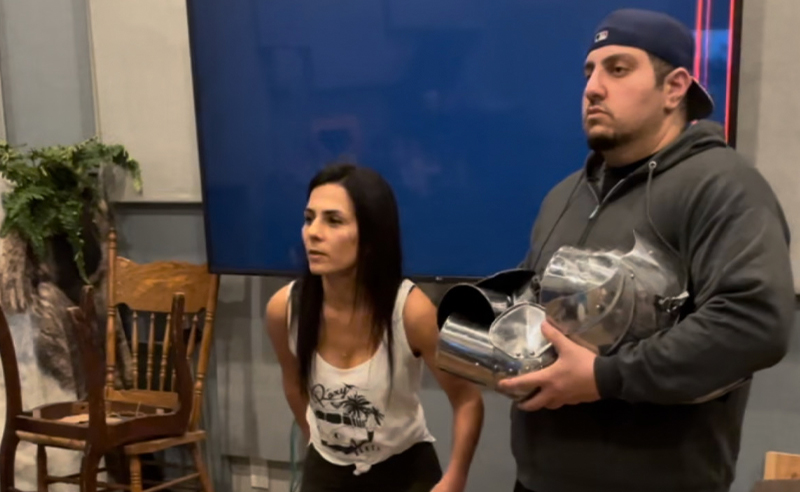
And there were two interns ahead of me. Typically, the one who's been there the longest gets first dibs on positions, but I tried to stand out by helping people and making their days easier. Over time, people start to notice and offer more of their time in return.
Can you tell me more about your connection to Egypt?
My grandmother moved in with us when I was three. She didn’t speak English, so I learned Arabic fluently. Every summer, I’d go back to Egypt with her. My wife is also Egyptian, from Alexandria. We both stay connected to Egyptian culture, and I’d love to break into the Egyptian TV and film industry someday, bringing my skills back to the homeland.
How did her taking you to Egypt shape your connection to sound and television?
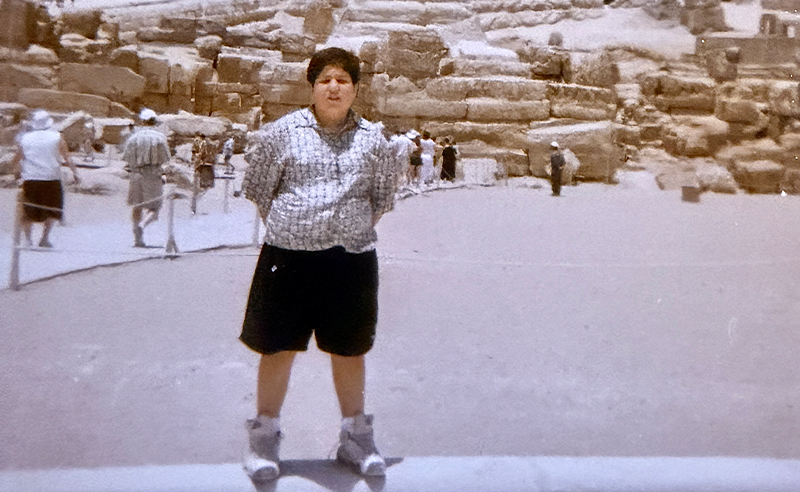
My parents, like many Middle Eastern families, expected a more traditional career path, like a doctor or engineer. The world of sound wasn’t familiar to them. When I worked on my first Middle Eastern film, a project with a Dubai producer, my family recognized the Lebanese actors involved, and that was my breakthrough. It showed them there’s more to this industry than acting, directing or producing.
Can you tell us more about the Egyptian scene in California?
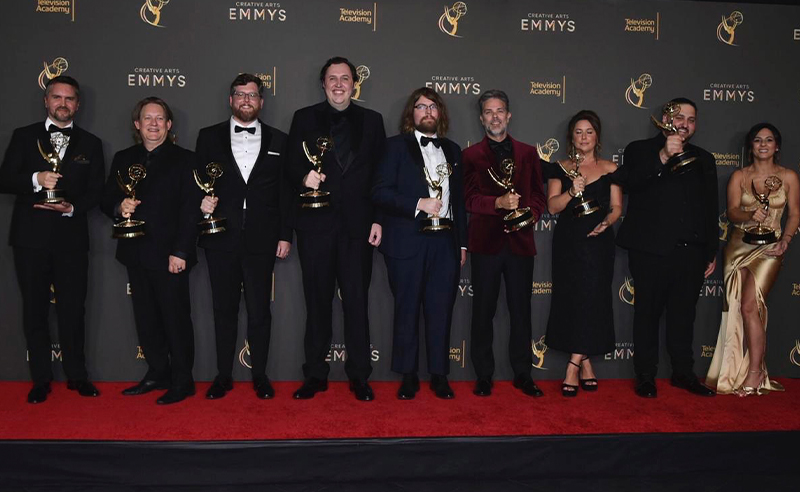
It’s been tough to break into. I’ve been trying to reach out to as many people as possible, but it’s hard to find direct connections. My boss, who is Moroccan, and I have worked on a few projects trying to break into the Arab film and TV scene, but nothing major has come out of it yet.
I’ve been following the El Gouna Film Festival and the Red Sea Film Festival for years now, watching them grow into major players in the Arab film industry. The quality of films and acting coming out of Egypt and the Middle East is incredible, and I’d love to be part of that growth.
Could you see yourself moving back to Egypt?
Definitely. I love the culture, the food, and the sense of connection I have there. LA is fast-paced and competitive, but Egypt feels like home. Breaking into the industry there would bring me a lot of joy.
I wanted to ask about your most recent show, ‘Shōgun’, which is set in Japan and was extremely well-received by the community. How do you approach crafting sound for a culture you aren’t part of?
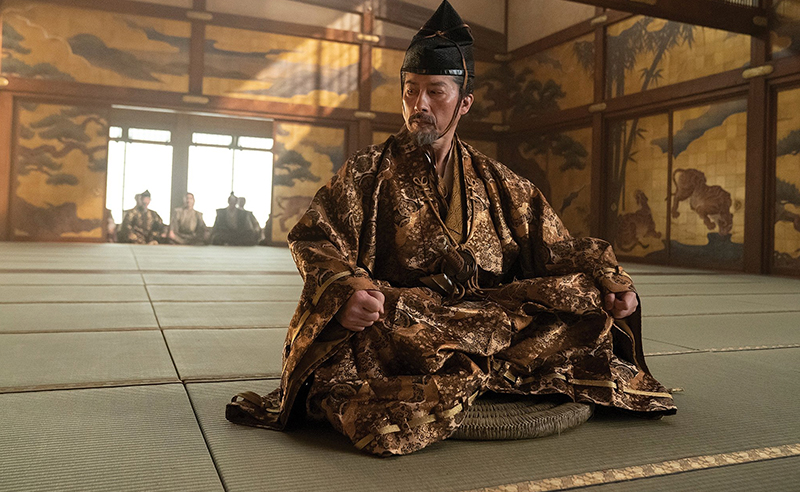
I love Japanese culture, so working on a project like that is exciting. We did a lot of research into the objects and atmosphere, like the types of samurai swords or tea cups they use. The goal is to make everything sound as natural as if it were recorded on set.
What does your job look like on a typical day?
We work with a recorder, and everything is mapped out - swords, clothing, even walking on different surfaces like wood or sand. For example, if there’s a dinner scene, we’ll record every detail, from the sound of a knife cutting steak to chewing the food. We aim to make everything sound authentic.
How many takes would you usually need for a scene like that?
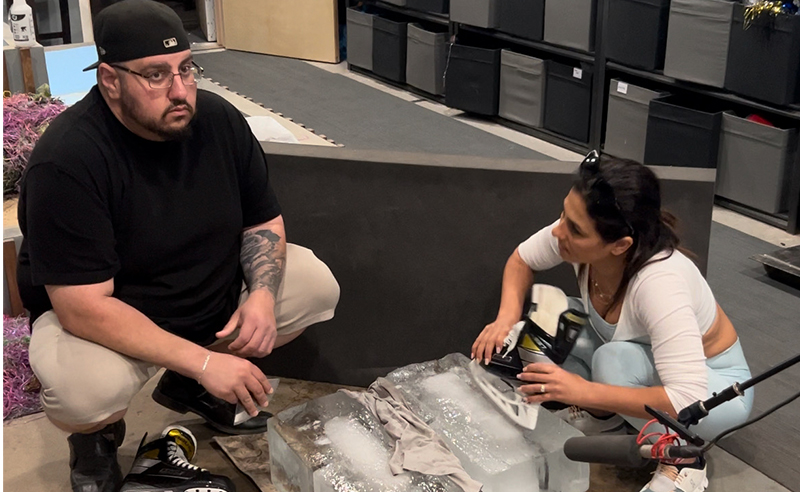
For a scene like a family dinner, we’d break it down into parts. We’d record the sound of the knife cutting, then the bite, and so on. Sometimes we can nail it in one go, but it depends on the complexity of the scene.
How long are you typically on set per day?
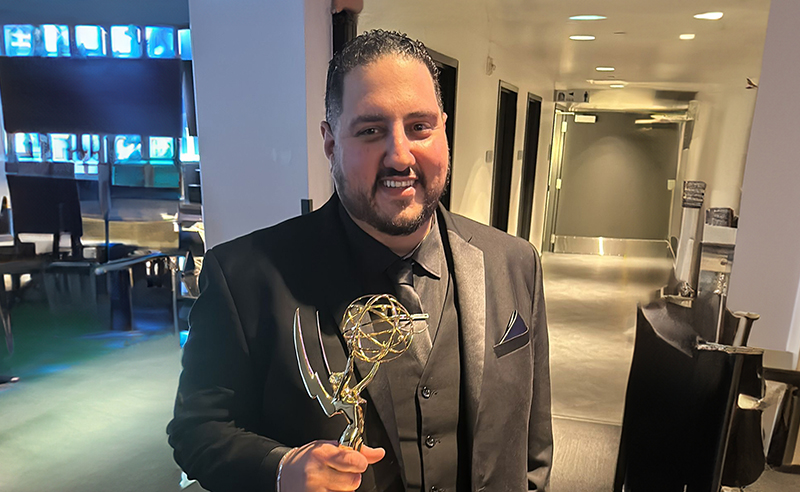
It depends on the show. If it's an hour-long show with a runtime of 40 minutes, we spend a day on props, a day on feet, and then on clothing. We reset, put on headphones, and watch the whole thing, then move to the clothing, syncing movements with the actors.
In ADR (Automated dialogue replacement), when a show goes to another country like Egypt for dubbing, they strip the dialogue, but the effects, Foley and soundscape stay. Our job is to build that soundscape so it's preserved, no matter where it goes.
What advice would you give to Egyptians wanting to break into this industry but unsure how to navigate it, especially in terms of family expectations?
I want to show that there are opportunities in post-production and Hollywood, and sound work is a recognized career worldwide. Egyptians don’t have much representation in this field, and I want to bring that forward. I tried finding Foley artists in Egypt. Sometimes I’d watch shows with heavy music and think how much better it would be if there was guidance on creating a soundscape to elevate the production. They have amazing filming and acting, but they could benefit from the skills we’ve learned in Hollywood to take it to the next level.
Trending This Week
-
Nov 17, 2024
-
Nov 17, 2024







